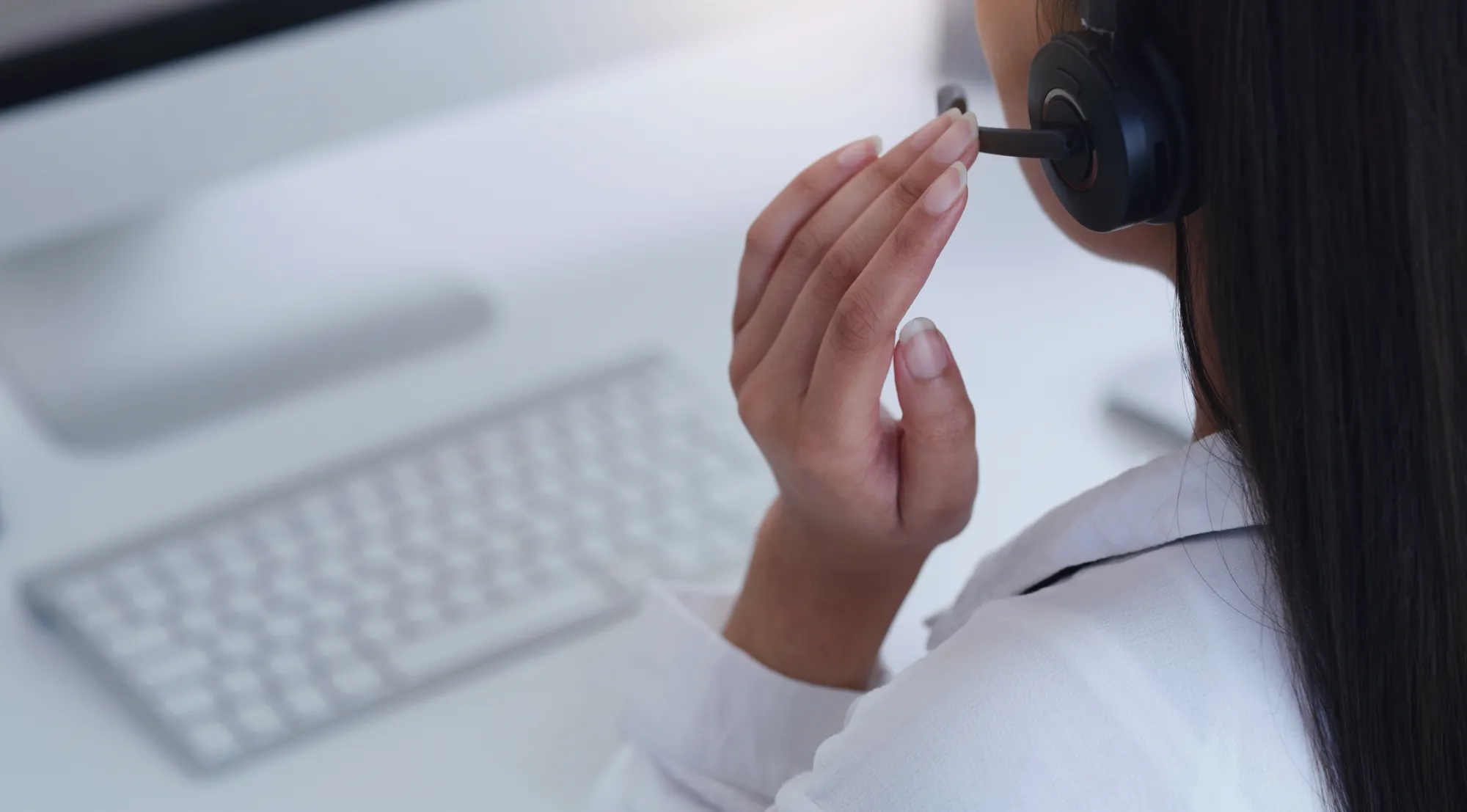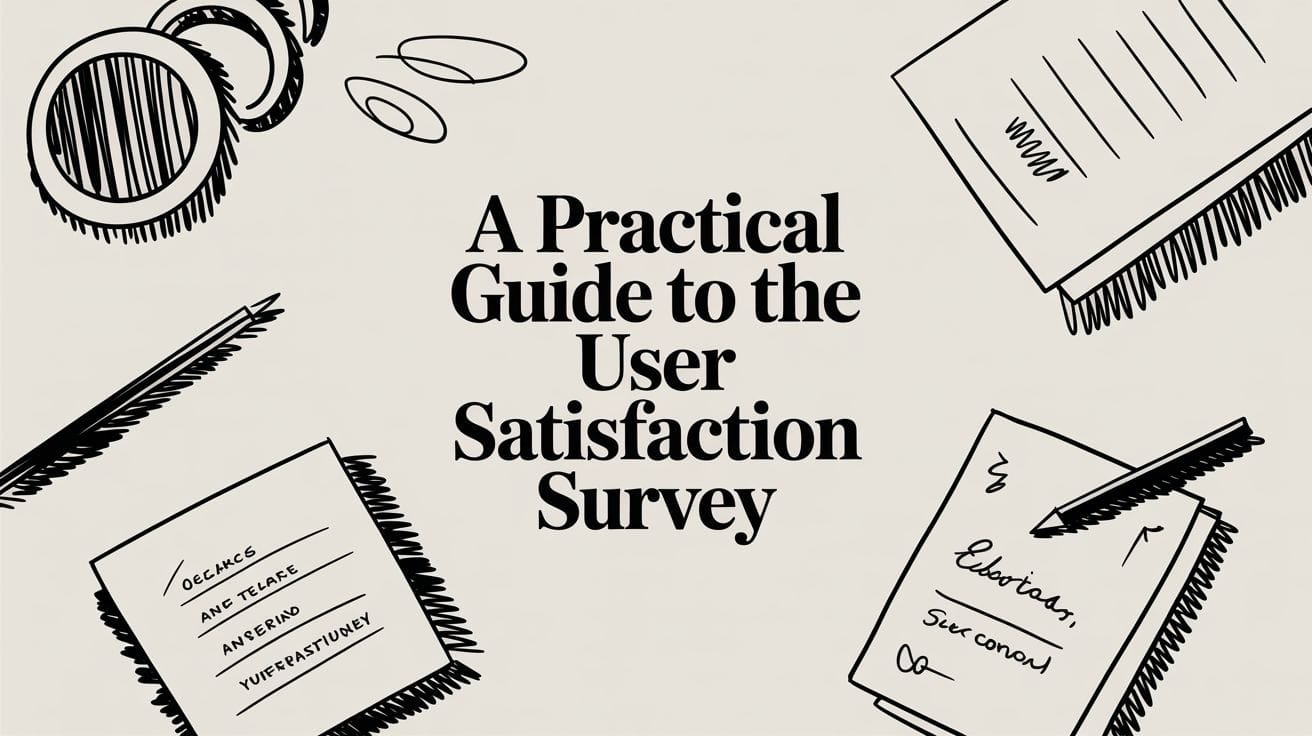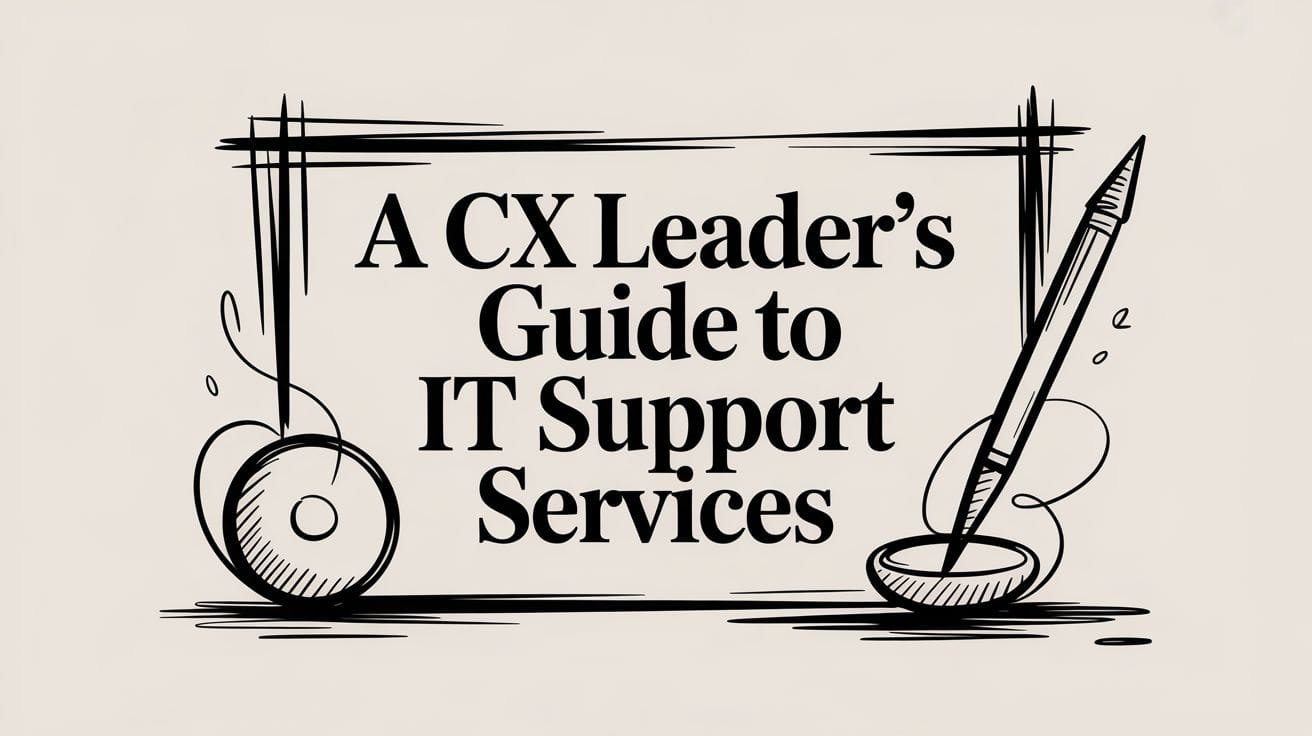In the healthcare industry, the importance of delivering an exceptional customer experience cannot be overstated. With patients and their families expecting high-quality care combined with seamless and empathetic service, healthcare providers must ensure their team is well-equipped to meet these expectations. Training your team for enhanced customer experience is crucial for building trust, improving patient satisfaction, and fostering long-term loyalty. This article explores effective strategies to train your teams in healthcare for a superior customer experience.
Understanding the Importance of Customer Experience in Healthcare
Customer experience in healthcare goes beyond treating a medical condition; it encompasses every interaction a patient has with a healthcare provider, from scheduling appointments to post-treatment follow-ups. A positive experience can lead to increased patient satisfaction, better health outcomes, and a strong reputation for the medical facility. Conversely, a poor experience can result in negative reviews, loss of patients, and potential financial repercussions.
For instance, consider a hospital that regularly updates patients about their treatment process and involves them in decision-making. Such practices enhance trust and create a comfortable environment for patients, ultimately boosting the hospital's reputation and patient retention rates.
Developing a Patient-Centric Approach
Training your team to adopt a patient-centric mindset is essential for elevating the customer experience. This involves understanding and anticipating the needs and expectations of patients. Encourage your team to view the healthcare process from the patient's perspective and tailor their approach accordingly.
Practical training exercises can include role-playing scenarios where staff members simulate patient interactions, focusing on empathy, clear communication, and active listening. Incorporating patient feedback into training sessions can also provide valuable insights into areas needing improvement.

Enhancing Communication Skills
Effective communication is the cornerstone of excellent customer experience in healthcare. Ensure that all team members, from front desk staff to healthcare professionals, are trained in both verbal and non-verbal communication skills.
Workshops can be conducted to teach techniques such as using simple language to explain medical procedures, actively listening to patient concerns, maintaining eye contact, and interpreting body language. For example, a nurse who can clearly explain a complicated treatment plan in layman's terms can significantly reduce patient anxiety, leading to higher satisfaction.
Leveraging Technology for Improved Experience
Technology plays a vital role in modernizing the healthcare customer experience. Implementing user-friendly digital tools, such as online scheduling systems, telehealth services, and patient portals, can streamline processes and provide patients with more convenient access to healthcare services.
Training should focus on familiarizing the staff with these technologies to ensure they can assist patients effectively. For example, a front desk assistant proficient in using an advanced telehealth platform can guide a patient seamlessly through a virtual consultation, ensuring a smooth and satisfying experience.
Fostering a Culture of Continuous Improvement
In healthcare, a culture of continuous improvement is essential for maintaining high standards of customer experience. Encourage your team to regularly seek feedback from patients to identify areas for enhancement and implement changes accordingly. Continuous learning should be prioritized, with regular training sessions and workshops on the latest trends and practices in customer service.
For instance, a hospital that conducts quarterly training sessions on new healthcare guidelines demonstrates a commitment to excellence, not only in patient care but also in overall service delivery.

Implementing Feedback Mechanisms
To enhance customer experience in healthcare, it is crucial to implement efficient feedback mechanisms. Encourage patients to provide honest feedback about their experiences and use this information to drive improvements. Surveys, suggestion boxes, and follow-up calls are effective ways to gather patient insights.
For example, after being discharged, a patient receives a follow-up call to discuss their recovery experience and any issues faced. This feedback can be used to make necessary adjustments to services, showing patients that their opinions are valued, and contributing to improved patient satisfaction.
Empowering Your Team with Ownership and Accountability
Empowering healthcare employees with ownership of their roles and accountability for their actions instills a sense of responsibility and pride in delivering top-notch customer experiences. When team members feel valued and responsible, they are more likely to go above and beyond to ensure patient satisfaction.
Encouraging them to take the initiative in patient care decisions, when appropriate, can lead to quicker resolutions and more personalized care. For example, a clinic allowing nurses to make certain treatment decisions in collaboration with physicians can streamline operations and enhance the patient's overall experience.
Conclusion
Training your healthcare team to deliver better customer experience is essential for building trust, improving patient satisfaction, and ensuring long-term success. By focusing on patient-centric approaches, enhancing communication skills, leveraging technology, fostering a culture of continuous improvement, implementing feedback mechanisms, and empowering your team, healthcare providers can create a welcoming, efficient, and empathetic environment for patients. Start implementing these strategies today and watch your healthcare facility's reputation and patient loyalty soar.









